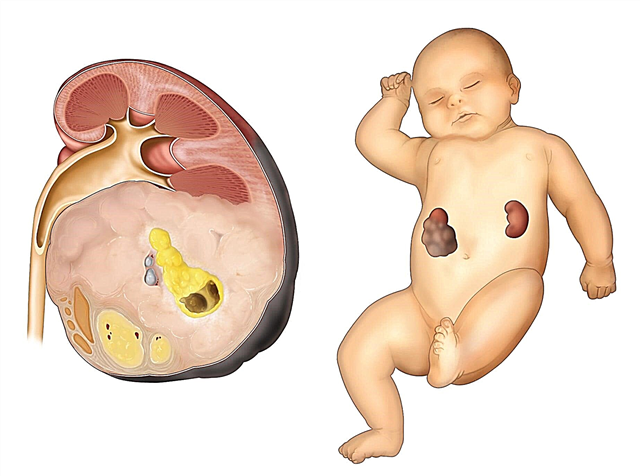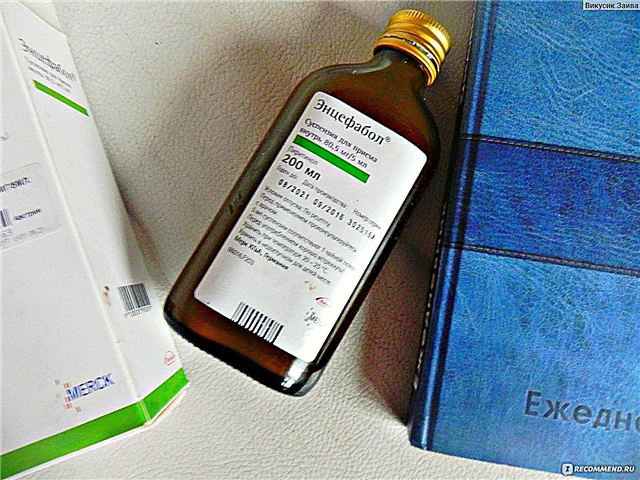
An optimal heart rate during pregnancy is a very important clinical indicator. The heart is a kind of motor that pumps blood to all vital organs. If his work is disrupted, then the health of the expectant mother deteriorates, and the intrauterine development of the baby is also significantly disrupted.

Reasons for the increase
During pregnancy, the female body begins to work differently. This is largely due to the abundance of various hormones that are released during the period of gestation.
All of these hormonal substances have a strong effect on the heart. Ultimately, this condition contributes to the appearance of a high pulse in the future mother.
Pregnancy is a physiological period when the work of the cardiovascular system changes. In the early stages of bearing a baby, the heart rate, as a rule, does not change. A change in this indicator indicates a problem in the female body. In this case, additional diagnostic methods are required to identify the cause that led to the development of such a condition.
The number of heartbeats per minute in pregnant women begins to increase by the second trimester. Usually it rises by 10-20 beats per minute relative to the average rate and is 85-90. This reaction is quite physiological. By the third trimester of pregnancy, the heart rate in most women can rise to 120 beats per minute.


Frequent pulse in the first weeks of intrauterine fetal development is an extremely unfavorable indicator. Usually it indicates the presence in the female body of any pathology.
Often anemia leads to the development of this condition, accompanied by a decrease in hemoglobin and erythrocytes in the blood. To compensate for these violations, the appointment of special compensating drugs is required.
Rapid heart rate can also occur if if the mom-to-be carries twins or triplets... Reviews of mothers who have had multiple pregnancies indicate that by the end of 35-38 weeks of pregnancy, they were seriously worried about tachycardia. To correct these violations, in this case, the appointment of drugs is already required.
An increased heart rate is also found in any pathology of the kidneys, liver and other organs. If the expectant mother gets sick with some kind of infectious pathology, then one of the symptoms of intoxication is heart palpitations. At the same time, the pulse rises due to various viral and bacterial toxins that are formed during any infection.

Quite often, an increase in heart rate occurs in expectant mothers after physical exertion. Lifting weights can also provoke tachycardia. Leads to the development of adverse symptoms and excessively fast walking.
How does it manifest?
Quite often, the expectant mother only feels a rapid heartbeat by the middle of the second trimester of pregnancy. If this symptom appears earlier and more clearly, a woman should see a doctor immediately.
Heart palpitations make the expectant mother dizzy. Usually this symptom manifests itself when changing body position. Some women also get headaches. The severity of the pain syndrome is usually moderate.
Some moms-to-be feel very chilly in their arms and legs. The skin becomes pale. Severe tachycardia, accompanied by abnormalities in the work of the heart, can also lead to the fact that the lips turn blue.

How to reduce?
An attack of tachycardia or rapid heart rate can occur at any time. Their frequency can also be different. If the expectant mother has any heart disease, then attacks of rapid heartbeat develop much more often. Normally, the heart rate should correspond to the period of pregnancy.
You can also identify a rapid heart rate on your own. To do this, calculate the pulse on the radial artery. You can also determine this indicator using a tonometer. Almost all modern devices used to determine blood pressure have the function of counting and pulse.
If a woman has revealed an increase in heart rate, then in this case she needs immediate medical attention. First, the expectant mother will be examined by a therapist.
If necessary, this specialist can refer the woman for a consultation with a cardiologist. If one of the close relatives of a woman has severe heart disease, then in this case, her condition should be monitored more carefully.

To identify pathologies of the cardiovascular system, the cardiologist will prescribe an ECG and echocardiography. With the help of such research methods, many heart diseases can be successfully detected. If they have been identified, the specialist will prescribe a complex of therapy for the expectant mother.
Treatment
To compensate for the violations that have arisen, doctors advise expectant mothers to carefully monitor their daily routine. Adequate sleep is an important part of therapy. The expectant mother should sleep at least 8 hours a day. If in the daytime she feels the need for sleep, then she should definitely rest.
Limiting physical activity is a very important principle in general treatment. It is especially important to control them from the very first weeks of pregnancy. By the end of the second trimester of pregnancy, the expectant mother must definitely control any physical activity. A woman with tachycardia cannot lift heavy things.

Taking regular walks in the fresh air is a great alternative to exercise. Such a promenade will be useful not only for the expectant mother, but also for her baby. The expectant mother should walk regularly, at least 35-40 minutes a day. For outdoor walks, you should choose comfortable clothes that will be warm and will not restrict movement.
Various psychoemotional stresses can also provoke heart rhythm disturbances. It is no coincidence that doctors strongly recommend future mothers not to be nervous and not to worry about trifles. The expectant mother should include only positive emotions in her life.

Pregnant women with heart palpitations should not drink coffee or strong tea. The substances contained in them lead to increased work of the heart, which is manifested by the development of tachycardia. Pregnant women are better off using herbal teas or berry fruit drinks. The best drink is plain purified water.
You can normalize your heart rate with the help of special breathing exercises. Such practices have been successfully applied for many years. Attending special breathing classes during pregnancy will not only help prepare for childbirth, but will also promote optimal cardiovascular function.
Doctors recommend to expectant mothers be sure to record all the results of measuring the pulse. They should be entered into a special notebook. Such records will also greatly help the doctor when the expectant mother comes for a consultation.
Such monitoring should be carried out at least 1-2 times a day. A woman who suffers from tachycardia should definitely measure and record her heart rate after exercise.

Drug therapy
If, despite the observance of the correct daily regimen, adverse symptoms progress in the expectant mother, then medications are prescribed for her. During pregnancy, doctors try not to prescribe potent drugs.
Sedatives can help normalize your heart rate. Teas made from lemon balm, mint or motherwort, have a calming effect on the nervous system. It also helps to normalize the heart rate.
The herbs should be brewed according to the instructions on the label. If the expectant mother has any allergies or intolerance to medicinal herbs, then in this case they cannot be used. Before taking even herbal preparations, it is very important to consult a doctor first.


One of the "soft" remedies that are prescribed to normalize the heart rate is "Persen". Such pills should be used only after consulting your doctor. The herbal extracts contained in this preparation have a positive effect on the functioning of the nervous and cardiovascular systems.
Quite often, to normalize the heart rate, doctors prescribe to expectant mothers valerian preparations... The effect of taking this plant is cumulative. It is important to remember that when using even herbal ingredients, dosages must be observed. Supersaturation of the body with such extracts can lead to the development of adverse effects.
Vitamin complexes fortified with potassium and magnesium help to normalize the heart rate. The doctor prescribes these drugs. Such funds should be taken throughout pregnancy. It is especially important to take these drugs for expectant mothers who use diuretics (diuretics).


In the next video, the cardiologist will talk about the causes of a rapid heart rate during pregnancy.



